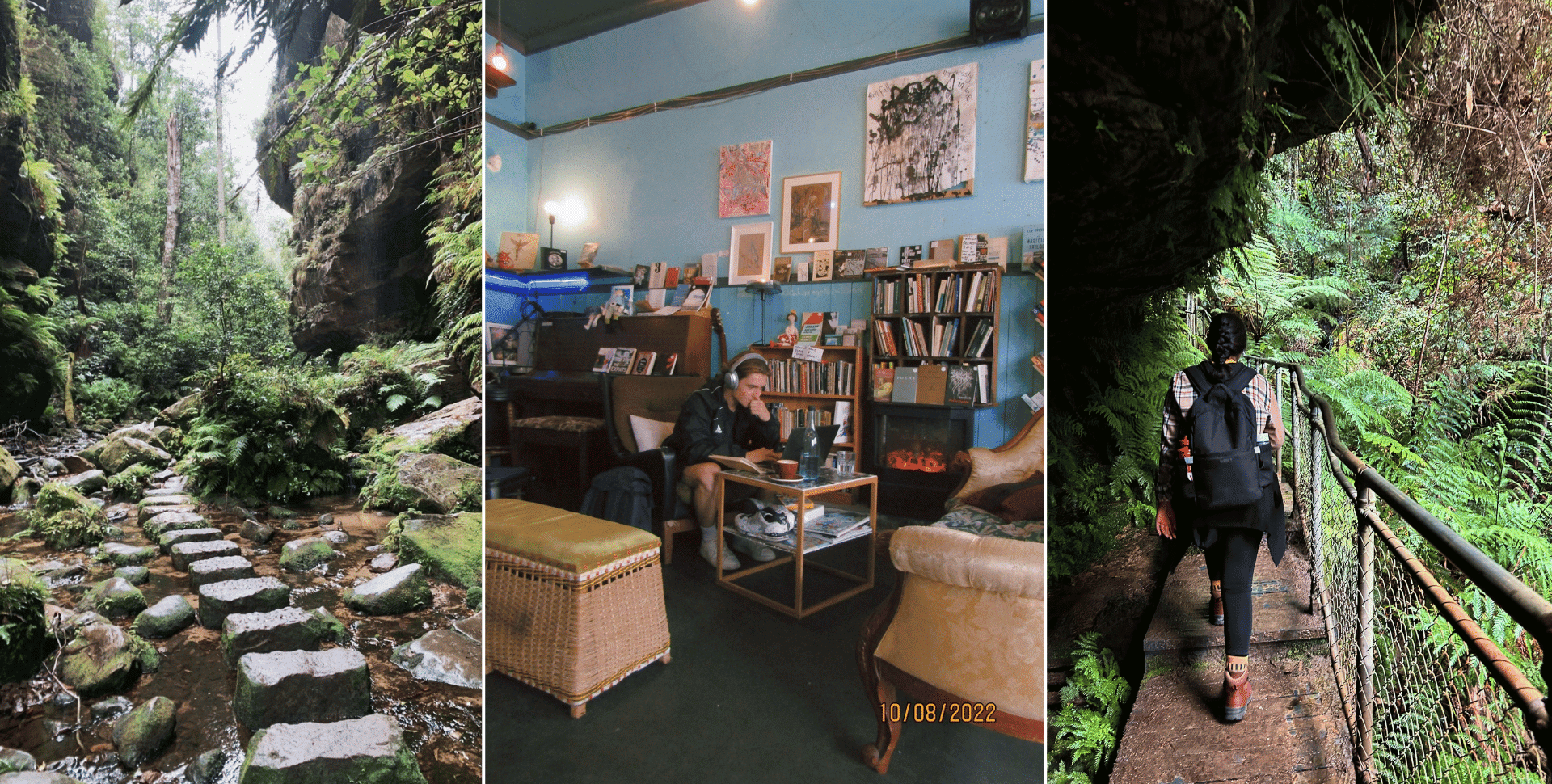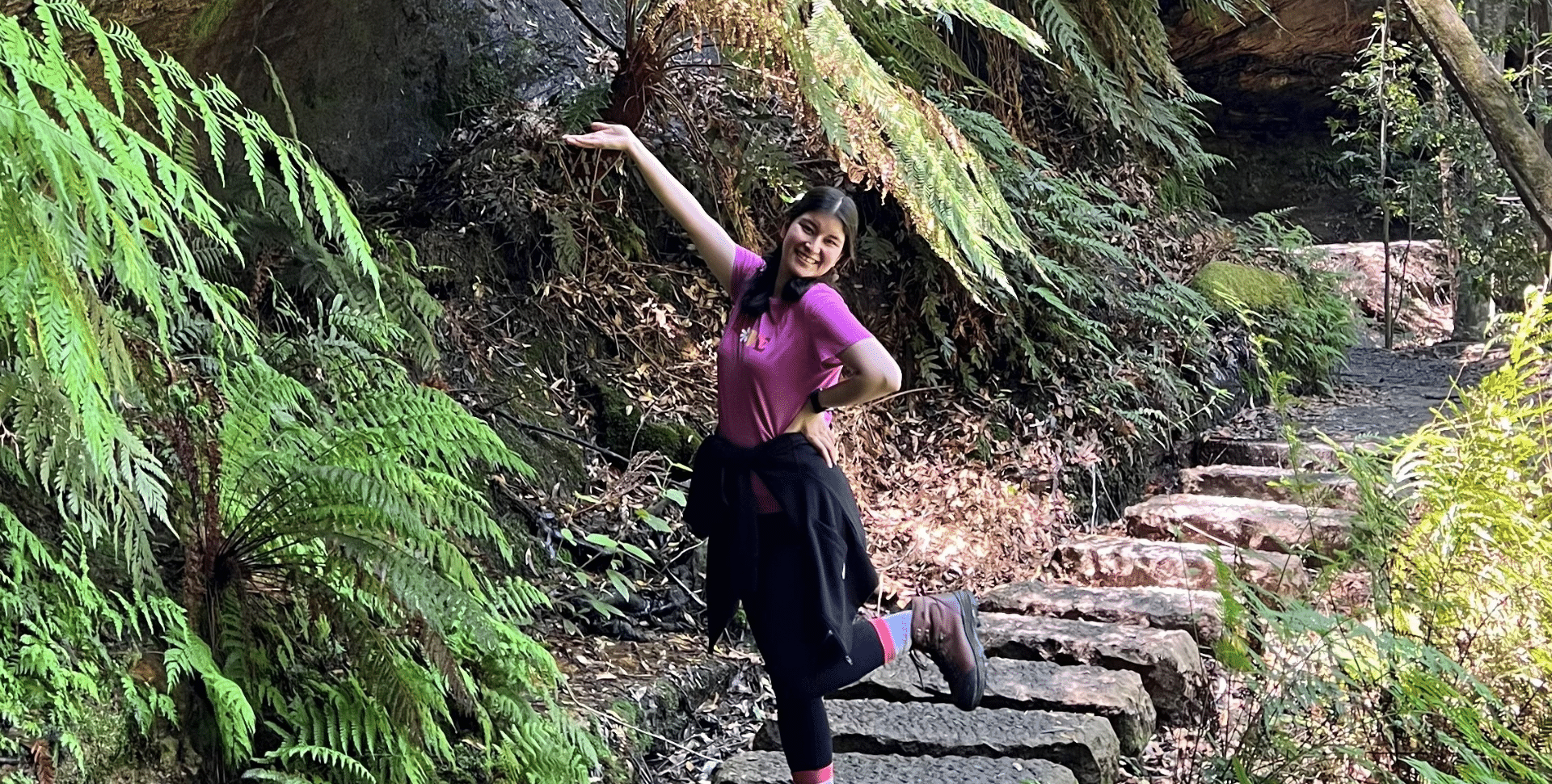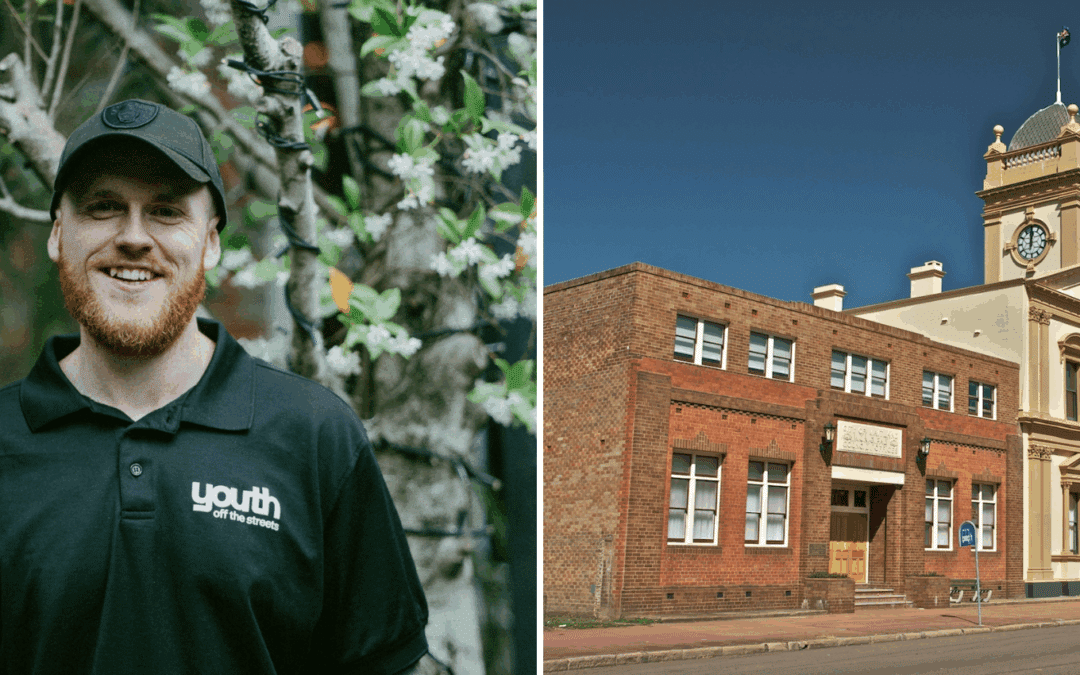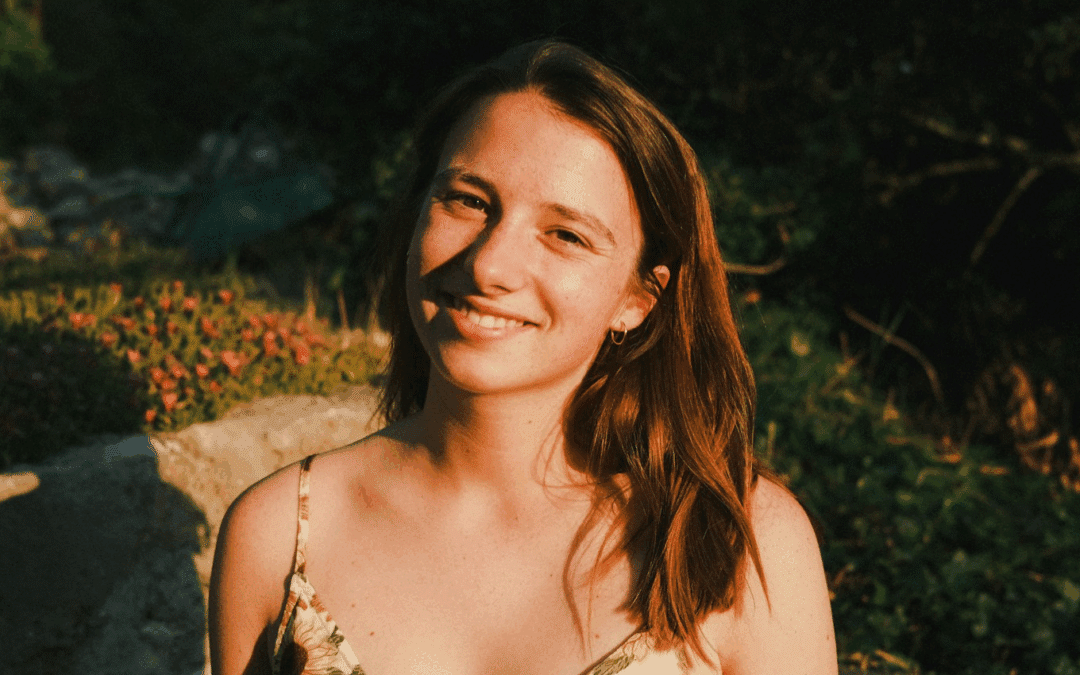Faeza’s story
‘Multicultural’ was my first impression of Australian life. When I walked into my first class, I saw how many of my classmates were from different parts of the world. It was interesting to see that we were coming from different places to live and learn together. And that we could do these things with respect and a feeling of belonging in this place.
But it was challenging to settle into school. My English wasn’t at high school level. So many new things were thrown at me. And I had a very short time to take responsibility and manage everything myself. My parents had never even gone to school.
I juggled my education with helping them set up our lives, completing those day-to-day tasks across the language barrier.
Finding friends who can understand your experiences was hard. And then, as I started Year 11, the pandemic hit. I was alone at home, trying to study online, when back in my country we never even had laptops.
As a refugee, I feel like it’s not one specific time you face challenges – when you arrive – but as you move through different stages of life, you constantly face new challenges.
Moving to university is stepping into the real world. You must learn the skills to keep organised, communicate, manage finances – and how to ask for help. I’m the first in my family to attend university.
When I received my scholarship through the Youth Off The Streets National Scholarship Program, I realised that tertiary education is achievable. I knew I wouldn’t get HECS support with my visa, and my father’s casual income is all that supports our family of seven. I finally felt able to realise my dream of becoming a humanitarian lawyer without so much of the pressure I was expecting.
Then again, I think development and growth only happen when you come out of your comfort zone. I am determined to make the most of my opportunities.
The mentoring program offered alongside the scholarship allows me to explore my future career with someone who’s experienced. My mentor, Sathya, is the first lawyer I’ve met in Australia. She is my role model. I’ve learned to feel safe asking for help and to be braver since talking to her. Sathya is a very good listener.
I’m interested in working in the humanitarian space because, coming from a refugee background myself, I feel I have a better understanding of challenges people face who come from disadvantage. I can help them.
For now, I work part-time at a high school helping refugee students settle into their education. I feel very rewarded. This experience made me realise I want to make living in Australia easier for other people.
I recently joined the First Hike Project as a volunteer, because I felt the program could benefit from being open to more refugee participants. I love to be in nature. It gives me comfort and peace. I feel that refugee friends in my community can also benefit from exploring Australian nature, finding somewhere to relax and recharge.
Street photography has helped me build my confidence communicating with others. To go out there and start a conversation with people I don’t know – asking to take a picture or sharing their photos with them. I like seeing people doing different things and capturing different moments.
The challenges I face teach me to stay organised, to communicate, to ask for help. My responsibilities make me more independent.
My advice to people like me? You can build on failure. And you learn lessons with each failure. So don’t give up, because trying one hundred times is better than having regrets.

A selection of Faeza’s landscape and street photography.
Sathya’s story
I started mentoring Faeza at the beginning of the year. Faeza appeared to be pretty shy and quiet. We met up a few times on Microsoft Teams and in person. It took some time to get used to each other. During one of our catch ups, I asked her what she liked to do. She told me how she likes being in nature.
The next time we met, we did a hike together in the Blue Mountains. The Faeza I saw over Teams and the Faeza I saw during that hike were two different people. She seemed more vibrant and carefree.
Now, every time we meet in person, we try to incorporate nature-based activities in our catch ups. We go for hikes, coastal walks and picnics by the water or on the beach. We connect better that way.
My favourite aspect of mentoring is how humbling it is. Life is busy and time flies. As a society, I feel we’re becoming a little too self-important. We forget about the simple things in life – the most rewarding things, like connection.
Mentoring is a two-way relationship. It’s not just that I mentor Faeza – I benefit and learn from hearing about her experiences and her perspective. She’s mentoring me as well.
Getting to know Faeza, I have realised she has a fighting spirit. She won’t give up, no matter the difficulties she faces and her experiences to date.
No one is immune to difficult circumstances. We all have our own traumas and experiences, whatever our backgrounds. Together, we learn that if you’re really struggling, try being grateful for whatever it is you do have. Because whatever you have, someone else probably doesn’t.
Then, in an organic way, your gratitude lets you develop a sense of appreciation or abundance. You can then use that feeling to springboard yourself from spiralling out of control.
Being a mentor for young people like Faeza is not just about putting something on your LinkedIn profile. You’re doing this for the young person.
It has a domino effect. You make one small difference in one person’s life, and they’ll make a huge difference in others’ lives. There is something so rewarding about starting off as a mentor and then becoming a friend.
Refugee Week 2023 is all about finding freedom. Visit the Refugee Council of Australia website to find information about initiatives, support and ways to celebrate our diverse community.



